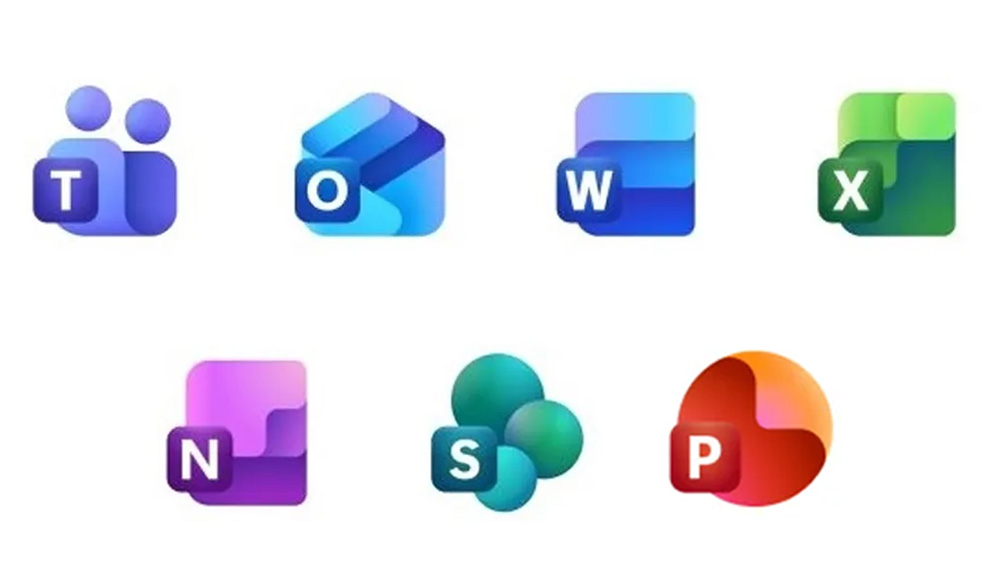Ethereum Developers Explore Privacy Enhancements Amid Ongoing Debate

The Ethereum development community is actively exploring a range of innovative ideas aimed at fundamentally enhancing the privacy features of the Ethereum network. This initiative arises in the wake of significant events, notably the U.S. government's sanctions against Tornado Cash, an Ethereum-based crypto mixing service, which took place in 2022. These sanctions triggered intense discussions within the cryptocurrency ecosystem, discussions that persist nearly three years later.
Tornado Cash was designed to enable users to conduct cryptocurrency transactions anonymously, providing a layer of privacy that many users sought. However, the U.S. government argued that the platform facilitated money laundering activities, prompting Ethereum validators and block builders to take measures against transactions linked to Tornado Cash. This led to a slower and more expensive service for users reliant on Tornado for privacy, raising questions about the implications for financial freedom and user sovereignty.
Proponents of privacy within the cryptocurrency space have contended that adhering to government sanctions amounts to a form of censorship that undermines critical cypherpunk principles, which advocate for privacy and individual rights. Notably, President Donald Trump expressed support for the cypherpunk ethos and lifted the sanctions on Tornado Cash in March of this year. However, for many Ethereum developers, this situation has underscored a persistent flaw within the Ethereum network: the reliance on third-party applications for private transactions.
Pascal Caversaccio, a respected crypto security researcher, emphasized the challenges posed by publicly accessible transaction graphs that enable anyone to trace the movement of funds between accounts. He articulated these concerns in a blog post, stating, "Publicly accessible transaction graphs allow anyone to trace the flow of funds between accounts, and balances are visible to all participants in the network, undermining financial privacy." He further noted, "While the Ethereum network's transparency fosters trustlessness, it also opens the door to potential surveillance, targeting, and exploitation," highlighting the delicate balance between transparency and privacy in the blockchain space.
In light of recent developments surrounding Tornado Cash, Ethereum developers and researchers have rekindled discussions on core privacy enhancements for the network. Caversaccio expressed a compelling vision for a privacy-oriented Ethereum roadmap, asserting, "Privacy must not be an optional feature that users must consciously enable it must be the default state of the network." He argued that the architecture of Ethereum should be fundamentally designed to ensure that users enjoy privacy by default, rather than as an exception.
Within his post, Caversaccio proposed several potential interventions, some of which are new, while others have been previously considered. One of his suggestions included encrypting Ethereum's public mempool, the area where transactions are sent before they are permanently recorded in the blockchain. Another proposal involved employing zero-knowledge cryptography to create confidential transactions, as well as introducing new transaction formats and methods to enhance privacy.
Caversaccio stated, "Today, Ethereum operates in a partial, opt-in privacy model, where users must take deliberate steps to conceal their financial activities often at the cost of usability, accessibility, and even effectiveness. This paradigm must shift. Privacy-preserving technologies should be deeply integrated at the protocol level, allowing transactions, smart contracts, and network interactions to be inherently confidential," calling for a more seamless integration of privacy technologies.
In response to Caversaccio's insights, Ethereum co-founder Vitalik Buterin engaged in the conversation by posting a comment on the network's developer forum. In his response, he laid out a more concise privacy-oriented roadmap for Ethereum. Buterin's suggestions included focusing on enhancing privacy for on-chain payments, anonymizing on-chain activities within applications, and ensuring anonymous communication across the network. He further proposed privatizing on-chain reads to bolster user privacy.
To realize these privacy enhancements, Buterin highlighted various steps, including the integration of specific third-party privacy features directly into the core network. One of his more significant recommendations involved transitioning the network towards a "one address per application" model. This proposal marks a notable shift from the current system, where a single application may utilize numerous wallets for different features. Buterin candidly acknowledged, "This is a major step, and it entails significant convenience sacrifices, but IMO this is a bullet that we should bite, because this is the most practical way to remove public links between all of your activity across different applications."
If Buterin's suggestions are implemented, it is conceivable that private transactions could become the default setting on the Ethereum network, providing users with a more secure and confidential experience.
The ongoing discussions surrounding privacy enhancements come just weeks before Ethereum's upcoming major upgrade known as Pectra. Notably, this upgrade does not primarily focus on privacy features, but it is seen as a stepping stone towards future advancements. Furthermore, Ethereum developers are already laying the groundwork for the subsequent upgrade, Fusaka, although the specific changes to be included in that hard fork have yet to be finalized.
For further reading, consider exploring insights from Buterin himself, who has previously expressed disappointment with the lack of adoption for blockchain-based solutions in sectors like gaming, stating, "
Lars Andersen
























